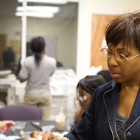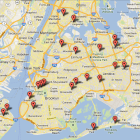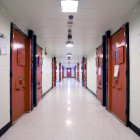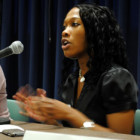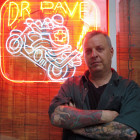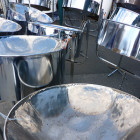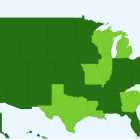
Advocates Seek to Keep Youth Out of Adult Courts
|
New York is one of two states to prosecute 16-year-olds as adults. Some state politicians want to change the law so that anyone ages 16 or 17 goes to a youth court instead of an adult criminal court. Proponents of raising the age argue a higher age of criminal responsibility allows more teens to outgrow criminal behavior. Advocates say that teenagers outgrow criminal behavior when treated like teens instead of adults, a point supported by science.
